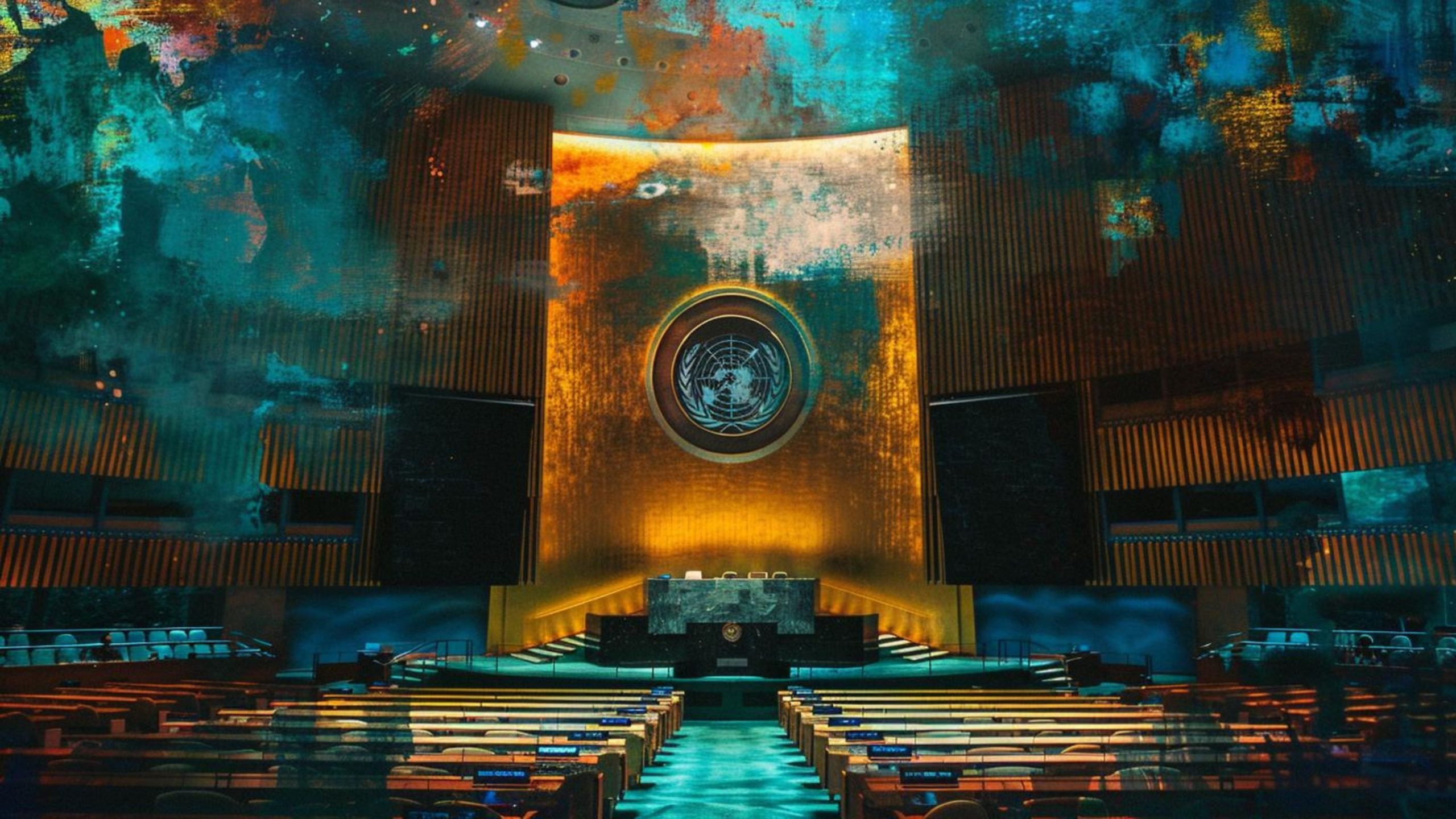The United Nations continues with an attempt to advance the agenda to get what the organization calls its Code of Conduct for Information Integrity on Digital Platforms implemented.
This code is based on a previous policy brief that recommends censorship of whatever is deemed to be “disinformation, misinformation, hate” but that is only the big picture of the policy UN Under-Secretary-General for Global Communications Melissa Fleming is staunchly promoting.
In early April, Fleming gave a talk at Boston University, and here the focus was on AI, whose usefulness in various censorship ventures makes it seen as a tool that advances “resilience in global communication.”
A piece on the Boston University Center on Emerging Infectious Diseases site first asserts that AI had a “major role” in helping spread misinformation and conspiracy theories “in the post-pandemic era,” while the UN is described as one of the institutions that have been undermined by all this, while “working to dispel these narratives.”
(The article also – helpfully, in terms of understanding where its authors are coming from – cites the World Economic Forum (WEF) as the “authority” which has proclaimed that “the threat from misinformation and disinformation as the most severe short-term threat facing the world today”).
You will hardly hear Fleming disagreeing with any of this, but the UN’s approach is to “harness” that power to serve its own agendas. The UN official’s talk was about AI can be used to feed the public the desired narratives around issues like vaccines, climate change, and the “well-being” of women and girls.
However, she also went long into all the aspects of AI that she perceives as negative, throwing pretty much every talking point already well established among the “AI fear-mongering genre” in there:
“One of our biggest worries is the ease with which new technologies can help spread misinformation easier and cheaper, and that this content can be produced at scale and far more easily personalized and targeted,” she said.
Flemming said that with the pandemic, this “skyrocketed” around the issue of vaccines. But she didn’t address why that may be – other than, apparently, being simply a furious sudden proliferation of “misinformation” for its own sake.
Flemming then mentions a number of UN activities, basically along the lines of “fact-checking” and “pre-bunking” (like “Verified,” and #TakeCareBeforeYouShare”).
Some might refer to Flemming as one of the “merchants of outrage” but she has this slur reserved for others, such as “climate (change) deniers.”
And it wasn’t long before X and Elon Musk cropped up.
“Since Elon Musk took over X, all of the climate deniers are back, and (the platform) has become a space for all kinds of climate disinformation. Here is a connection that people in the anti-vaccine sphere are now shifting to the climate change denial sphere,” Flemming lamented.
But, the UN official reassured everyone that “she and her team are working to build coalitions and initiatives that leverage AI to promote exciting, positive, fact-driven global public health communications.”












